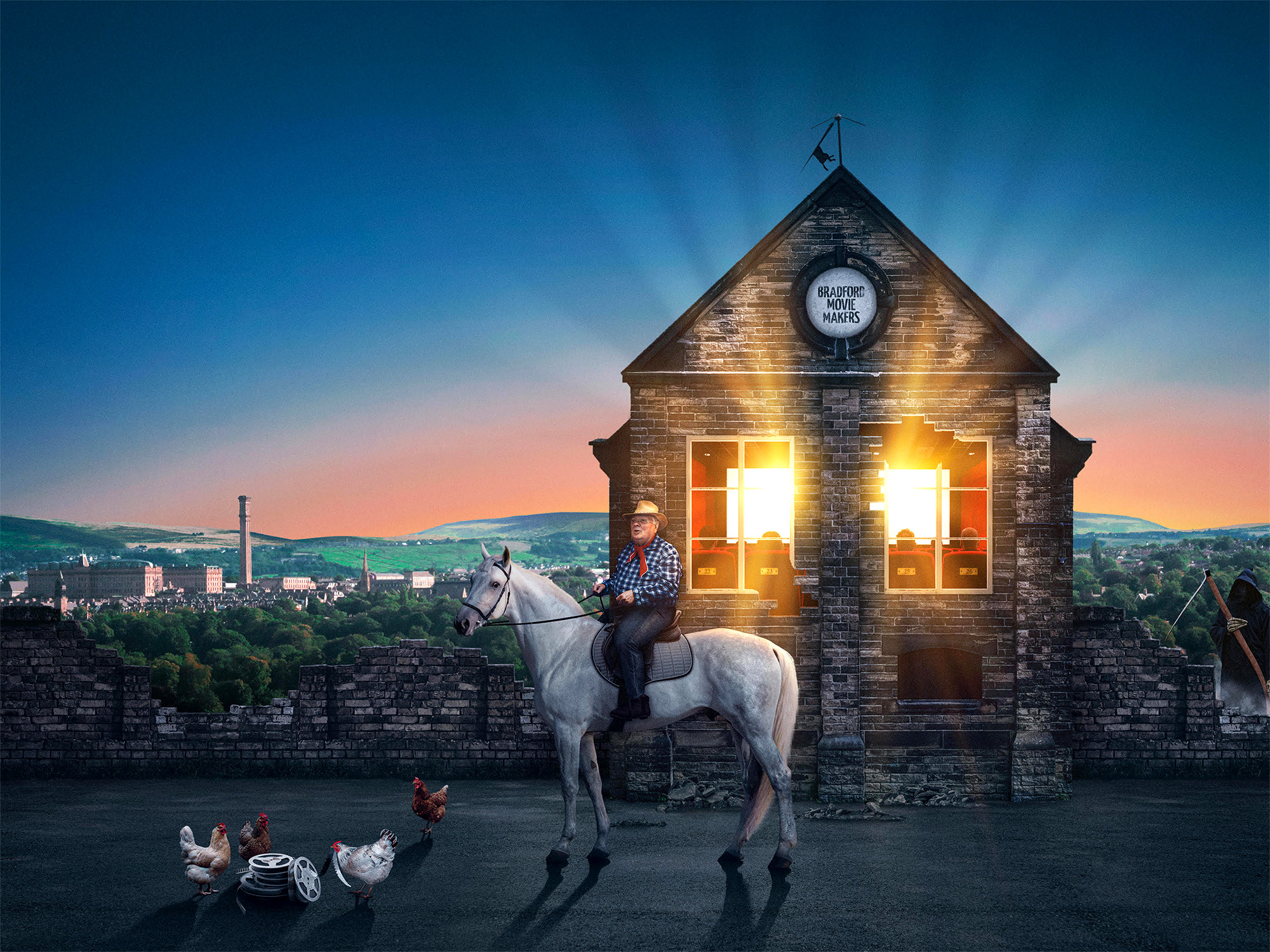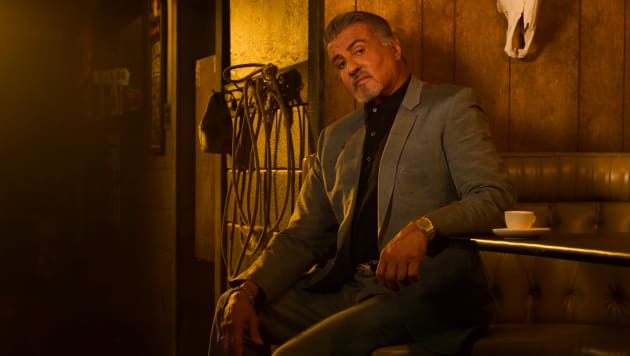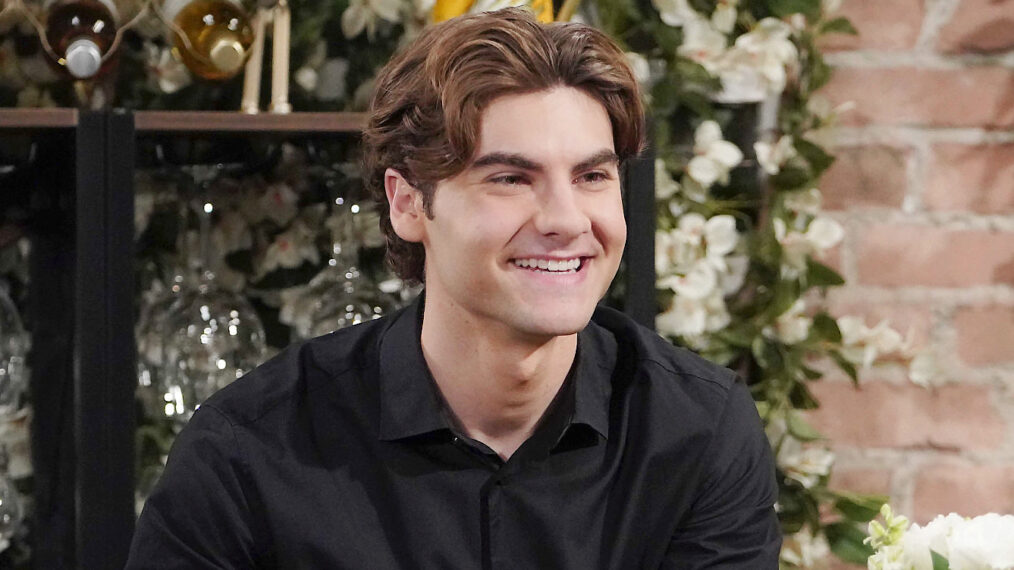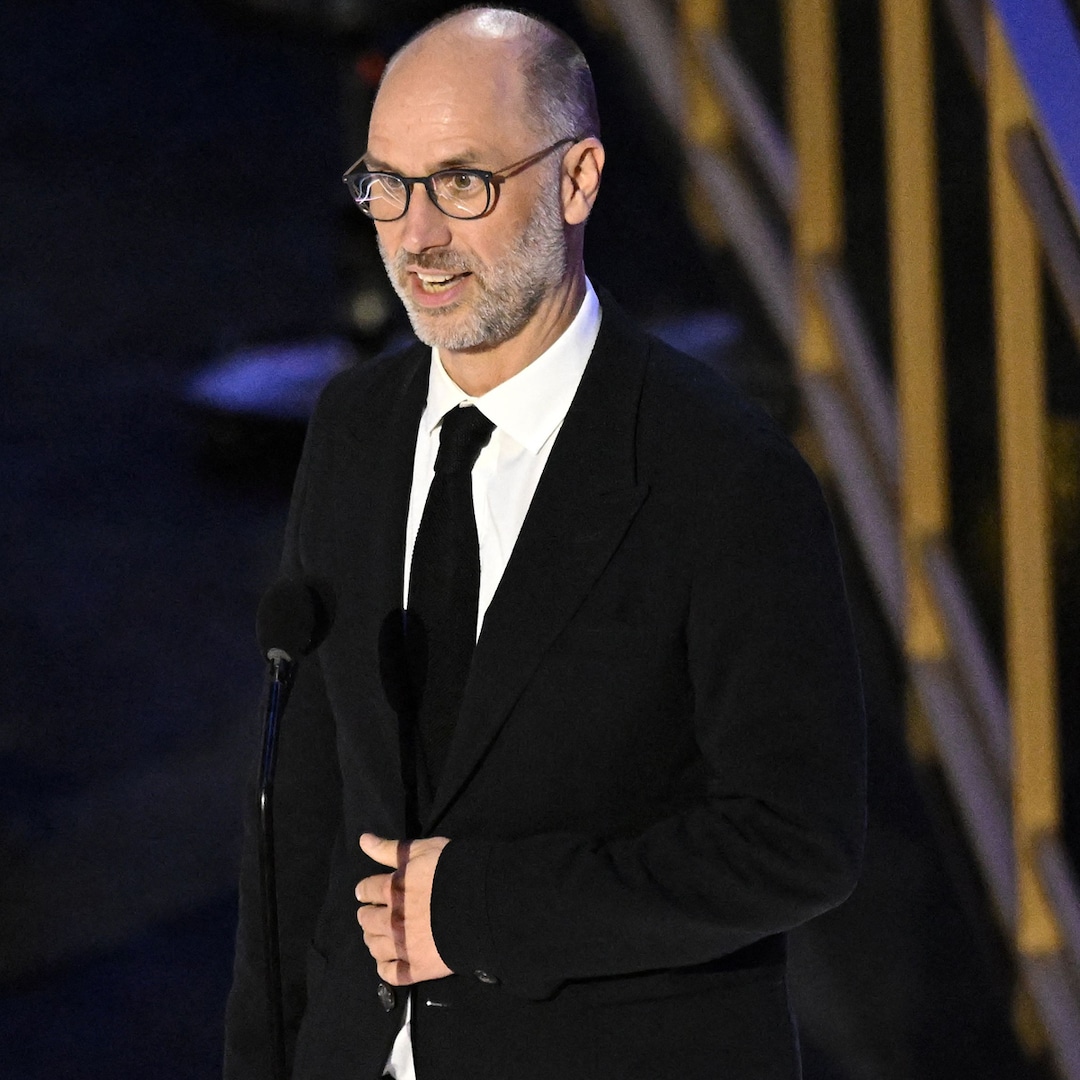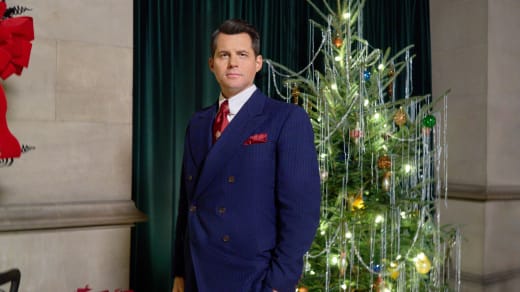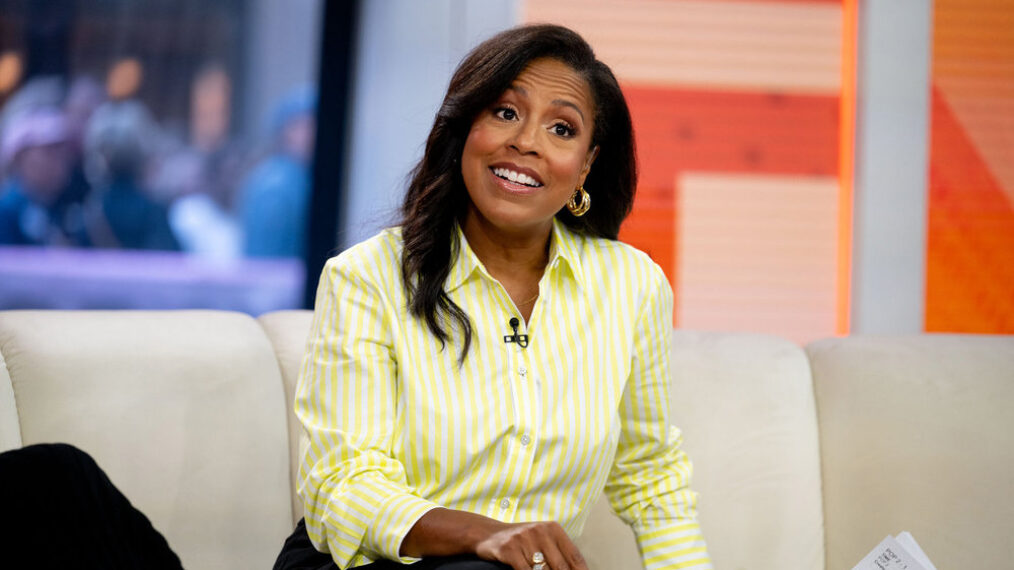Two burnt-out vehicles smoulder in a deserted village and the sound of distant screaming is heard. Suddenly, machine gun fire crackles and two Ukrainian soldiers rush through the smoke. One enters a half-destroyed building and checks whether a pair of Russian soldiers are dead. He picks up a missile launcher lying beside them and aims it at a nearby tank.
But this is not Ukraine’s front line — it is a military facility in the wild moorlands of northern England, where new Ukrainian troops are being trained to fight. The “Russians” are Dutch instructors who retake their positions as two more recruits repeat the scenario.
After eight months of fighting, the Russian and Ukrainian armies have taken a beating. Around 100,000 Russian soldiers have been killed or wounded since Moscow’s full-scale invasion in February, said the head of the US army General Mark Milley this week, with similar numbers “probably on the Ukrainian side”. Given such shocking losses, victory will depend in part on which side can train fresh forces the fastest.
Hence the British-led programme, which includes instructors from eight western allies. Started in June, it has trained 7,000 Ukrainian soldiers so far, with another 3,000 due to finish by Christmas. A similar EU initiative, which aims to train 15,000 troops in Germany and Poland, starts this month.
“Battlefields are dirty, noisy, smelly and frightening,” said Lt Colonel Jon Harris, who is in charge of training Ukrainians at this UK site. “You don’t want the first time you face those conditions to be real. What we’re trying to do is inoculate them to the stresses they might encounter.”
Most of Ukraine’s 700,000-strong active force, which has almost tripled in size since Russian president Vladimir Putin ordered the invasion, is made up of soldiers recruited only this year.
Even so, its army led a blazing northern counter-offensive around Kharkiv this summer, while a more grinding southern push caused Russia’s army to withdraw its troops from the strategic city of Kherson this week.
“Ukraine has led two successful counteroffensives, so it’s been able to live without training so far,” said Konrad Muzyka of Rochan Consulting, a Polish based military advisory group. “But that is partly because it’s been able to offset the lack of training by degrading Russian forces with high-precision missile strikes and good intelligence.”

That calculus may now be changing. Moscow has drafted as many as 200,000 new recruits and, according to Putin, 50,000 of them are already in combat. Although often poorly trained, poorly equipped and suffering from low morale, when added to the estimated 170,000 Russian soldiers already in Ukraine, “[that] is a lot of men, and a force that needs to be taken seriously”, said a western defence adviser.
A further challenge is that Ukraine’s counteroffensives have shrunk Russian-held territory and, paradoxically, that consolidation “will give some advantages to the Russians”, said Franz-Stefan Gady, a senior fellow at the International Institute for Strategic Studies think-tank. It will make it easier for the Russian military to stabilise its front lines over the winter, maintain defensive positions and rotate forces out for rest and training, he said.
Back at the English training site, a flash grenade explodes near Ukrainian recruits practising first aid. Fake blood, taped screams, amputee actors and waterlogged trenches add to the sense of realism.

The lessons, which are British-led but adapted to meet Ukrainian front line requirements, include weapons training, basic battlefield tactics such as flanking manoeuvres, and cyber security. For the instructors, the Ukrainians bring valuable insights into the nature of high-intensity 21st-century battle.
Recruits range in age from 18 to their mid-30s, organisers said, and include women. There is a separate leadership course for non-commissioned officers. Confusing tactical differences that might be taught by the participating allies are smoothed out, instructors said.
“They are the most motivated, determined, hungry-to-learn trainees that I’ve worked with across the world in my 20 years of soldiering,” Harris said. “That they train in water up to their knees for 36 hours and can still laugh, joke and quickly answer questions says it all for me.”
Even so, organisers acknowledge there is only so much the recruits can learn in the five-week course, compared with the 14 weeks of basic boot camp given to British army recruits.

Another drawback is that many of the Ukrainians are not trained as units that will fight together after the course as they have been sent by different parts of the military.
“This is the double-edged sword of the Ukrainians’ bravery and ability to improvise — they have a certain anarchism,” said the western defence adviser.
For now, battlefield momentum remains with the Ukrainians. The Russian army has more serious co-ordination problems with its own new recruits. “They have little experience of effectively integrating additional, recently mobilised infantry into manoeuvre formations,” Gady said. “The entire structure of the Russian armed forces makes it difficult.”
In a possible foretaste of winter operations, Ukrainian recruits have also been getting more training in offensive tactics, the British organisers said.
Brigadier Justin Stenhouse, who oversees the training programme across several UK sites, said one Ukrainian commander emailed him about a recent frontline incident he witnessed where 10 soldiers came under Russian attack but stood firm and “took the fight to the Russians, while the others took cover”.
Their example inspired the rest of their platoon to join the fight, Stenhouse recounted. Afterwards, when the Russians had been repulsed, the commander asked them why they had done this. They replied: “This is what we were taught to do in UK training.”
“War has always been a human endeavour,” Stenhouse said. “Take courage, motivation and fighting spirit, which the Ukrainians are not short of. Add a little bit of training, and you’ll get a first class soldier.”
Additional reporting by Henry Foy in Brussels and Roman Olearchyk in Kyiv


























































![Mason Ramsey – Twang [Official Music Video] Mason Ramsey – Twang [Official Music Video]](https://i.ytimg.com/vi/xwe8F_AhLY0/maxresdefault.jpg)







